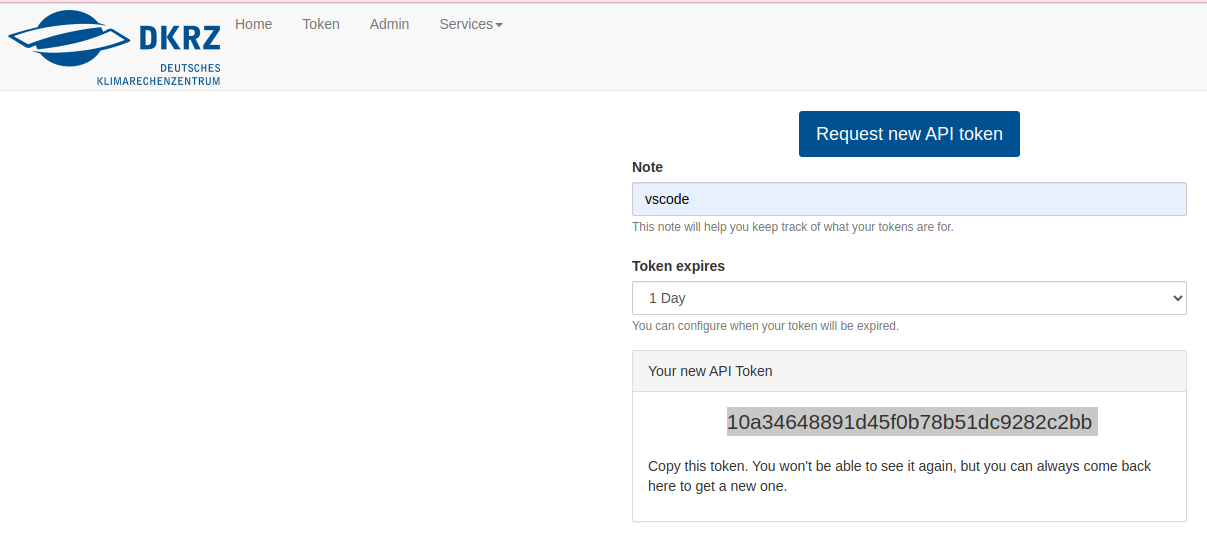Remote*: Tips and Tricks#
Some workarounds related to remote development/debugging on Levante. These workarounds are not tested on all available remote tools but often specific to a certain IDE. We encourage you to test on your favorite IDE and report issues to support@dkrz.de.
Connect to a previously allocated compute node (ssh)#
Note
Tested on VSCode
[Levante] Allocate a compute node with salloc (see here)
[Local] Edit
$HOME/.ssh/configand add this:Host *.lvt.dkrz.de ProxyJump levante.dkrz.de
[Local] Add pub key to
~/.ssh/authorized_keys(only for the first time)
cat ~/.ssh/abcd.pub | ssh username@levante.dkrz.de 'cat >> .ssh/authorized_keys'
[Local] From VSCode: (
Ctrl+Shift+P) –> Connect to Host and then you have to manually specify username@computeNodeName.lvt.dkrz.de.
We assume that you did set up ssh following this link.
Alternative content for 2)#
You can also use the following configuration:
Host computeNodeName.lvt.dkrz.de
HostName computeNode.lvt.dkrz.de
User username
ProxyCommand ssh username@levante.dkrz.de -W %h:%p
You get computeNodeName from 1.
How to connect to a remote jupyter server (token)#
Note
Currently, this extension is not working due to this open issue.
According to this tutorial, you can integrate VSCode with Jupyterhub.
In step 4, you will be asked to enter the jupyterhub URL and a token. You have to enter the full URL which can be:
https://jupyterhub.dkrz.de/user/your_username/levante-spawner-preset/?token= or
or
https://jupyterhub.dkrz.de/user/your_username/levante-spawner-advanced/?token=
It depends on how you did start your server.
You can request a token by clicking on token in the menu after you login.

How to enable system (jupyter) kernels for the remote vscode server#
1. create the `kernels` directory if it does not exists yet
mkdir -p ~/.local/share/jupyter/kernels
2. create a link to the system kernels
ln -s /sw/spack-levante/jupyterhub/jupyter_kernels/kernels/ ~/.local/share/jupyter/kernels
How to open code-server via jupyterhub#
Code-server (VSCode in the browser) is available when container mode is enabled (see Container mode).